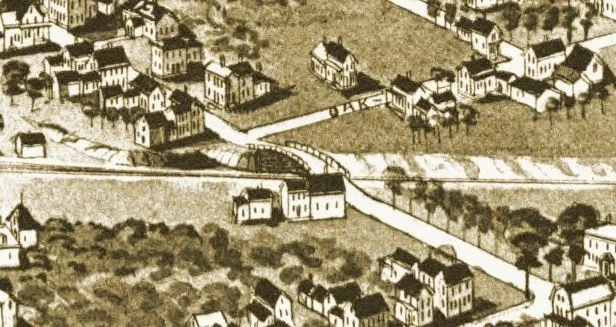![The Velocipede Derby – 1869]()
by Barbara Rimkunas
This "Historically Speaking" column was published in the Exeter News-Letter on Friday, September 13, 2024.
“Velocipedes are the rage among the Parisian bucks just now, and Prince Murat, Count Savern, and other eminent scions of the aristocracy, may be seen propelling the Bois de Boulogne near the cascade. Some have become so skillful as to go fifteen miles an hour.” This announcement, which ran in the Exeter News-Letter on October 14th, 1867, is one of the first times we find the velocipede, an early form of bicycle, mentioned in Exeter. A Dr. Warren, author of a popular book called “Family Physician” was bullish on the invention for overall health. He felt the velocipede would, “enable invalids to travel in an inexpensive and independent style, and (in) keeping their minds occupied with the constant change of scenery and surroundings, divert their attention from their symptoms, and hasten their restoration.” Before any invalids might benefit from the ‘constant change of scenery and surroundings,’ however, they would first have to master riding the dang thing.



















